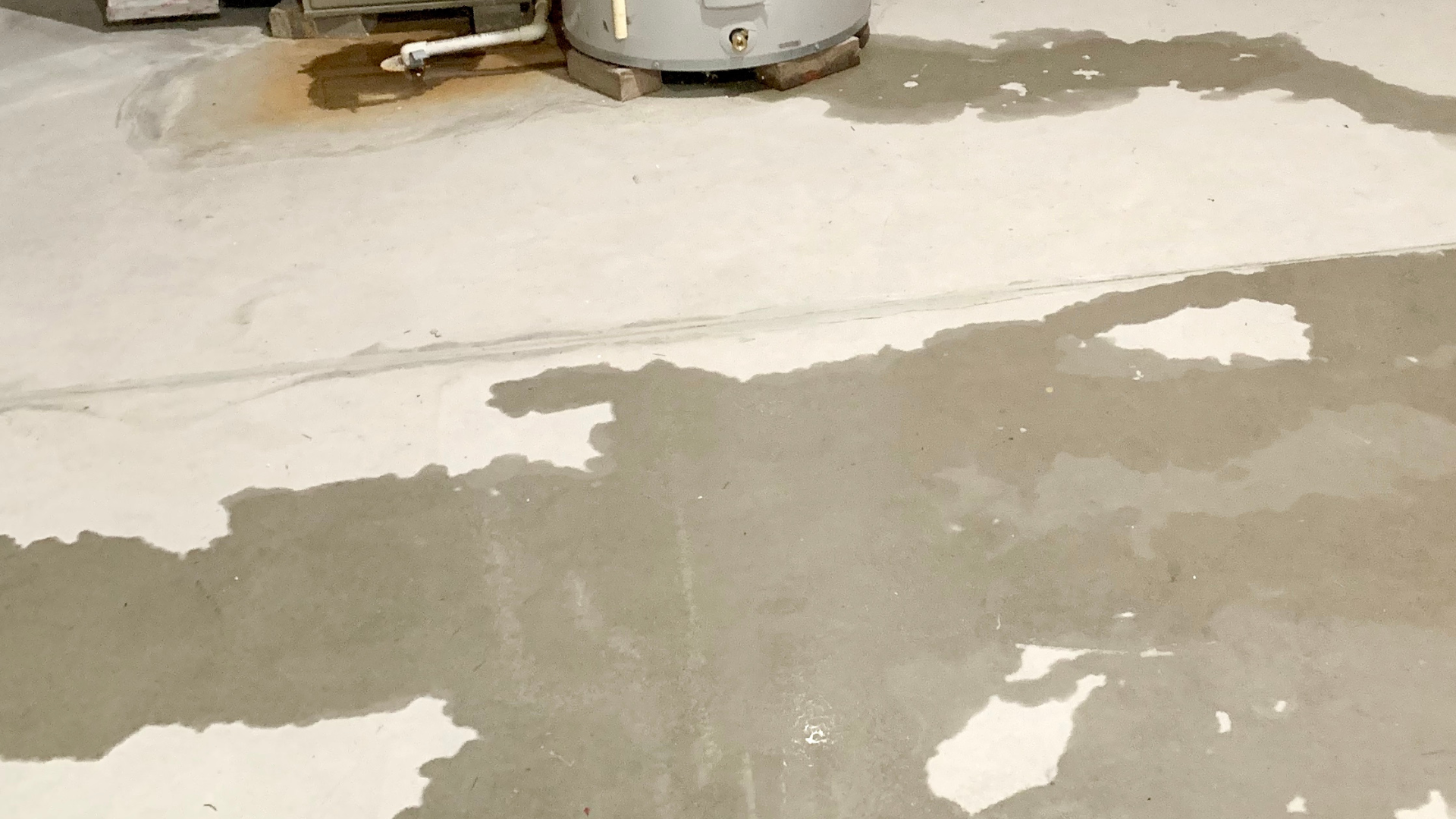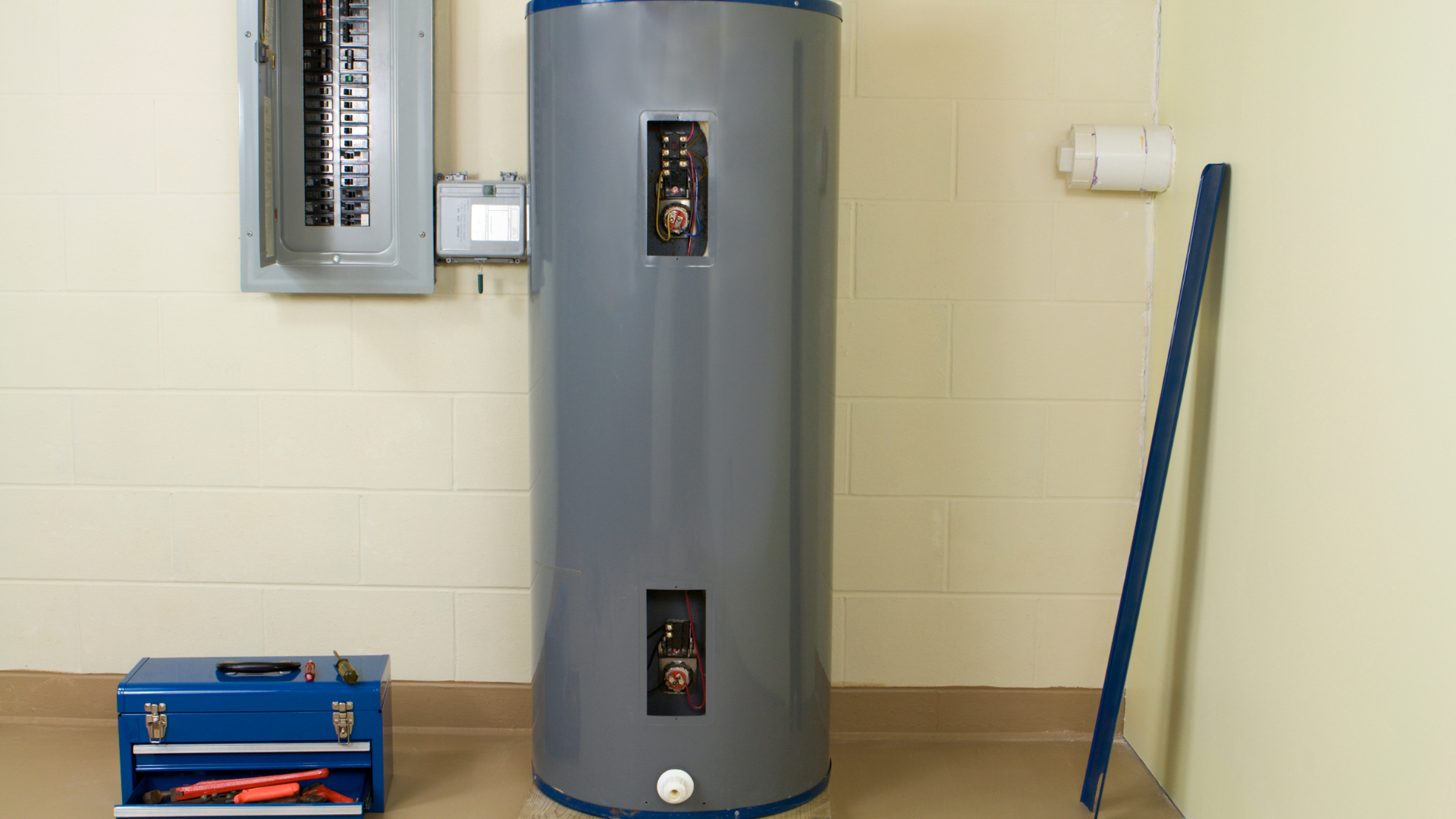Michigan
Navigating Home Services in the Great Lakes State: Licensing, Sales Tax, and Verification in Michigan

For homeowners in Michigan, undertaking a home improvement project means navigating specific state-level licensing requirements for contractors and understanding how sales tax applies. The "Great Lakes State" has regulations designed to protect consumers by ensuring that contractors meet certain professional standards.
Licensing Requirements for Home Service Contractors in Michigan
In Michigan, the Department of Licensing and Regulatory Affairs (LARA) is the primary agency responsible for overseeing contractor licensing. Most significant home improvement work requires a state license.
- Residential Builders and Maintenance & Alteration Contractors:
- A state license is required for general contractors performing residential construction, repair, remodeling, or alteration work valued at $600 or more.
- There are two main types:
- Residential Builder License: For those involved in the construction of new residential structures or major additions/alterations.
- Maintenance & Alteration Contractor License: For those performing specific trades within existing residential structures, such as painting, roofing, siding, masonry, carpentry, excavation, or general home improvement. This license is limited to specific trades, unlike the broader Residential Builder license.
- Exemptions: Projects valued at less than $600 generally do not require a license. Also, specialized trades licensed separately (e.g., electricians, plumbers) working within their licensed scope for a homeowner, or working as a subcontractor for a licensed residential builder, may not need the Residential Builder or M&A license themselves.
- Specialized Trades Require State Licenses: Michigan also rigorously licenses specific trades through LARA's various bureaus:
- Plumbers: Both Journeyman and Master Plumbers, as well as Plumbing Contractors, must be licensed through the Bureau of Construction Codes. A Master Plumber license (requiring significant experience as a journeyman) is necessary to operate a plumbing contracting business.
- Electricians: Journeyman and Master Electricians, and Electrical Contractors, are licensed through the State Electrical Administrative Board under the Bureau of Construction Codes. A Master Electrician license is required to obtain an Electrical Contractor license.
- Mechanical Contractors: Mechanical contractors (covering HVAC, refrigeration, hydronic heating, ductwork, etc.) are also licensed by the Bureau of Construction Codes, often requiring specific experience in the classifications applied for.
- Boiler Installers/Repairers, Elevator Contractors, Fire Alarm Contractors, Sign Specialty Contractors: These and other specific trades also have state-level licensing requirements.
- Key Licensing Requirements (for LARA-licensed contractors): To obtain a Michigan contractor license, applicants generally must:
- Be 18 years or older.
- Have a valid Social Security Number.
- Be a Michigan resident or have a Michigan business location.
- Pass a criminal background check.
- Complete a 60-hour pre-licensure education course (for Residential Builders and M&A Contractors).
- Pass both a business and law exam and a trade-specific examination (administered by PSI Services, for most licenses).
- Demonstrate relevant experience (e.g., 2+ years for residential builders, 4+ years for master electricians).
- Pay required licensing fees.
- Continuing Education: Licensed builders and M&A contractors must complete 14 hours of continuing education every two-year renewal cycle.
- Local Municipal Requirements: While Michigan has strong state-level licensing, some municipalities may have additional local business registration or permitting requirements. Always check with your city or township's building department.
Hiring an unlicensed contractor for work requiring a license is illegal in Michigan and can lead to issues with permits, insurance, and recourse if problems arise.
How Sales Tax Applies to Home Service Projects in Michigan
Michigan imposes a 6% sales tax on the retail sale of most tangible personal property. However, the application of sales tax to home service projects is generally distinct:
- Real Property Services are Generally Exempt:
- Services related to real property, such as construction, home improvement, painting, decorating, remodeling, and repair, are generally exempt from Michigan sales tax. This includes both the labor and the materials when they are incorporated into and become a structural part of the real estate.
- The reasoning is that the contractor is considered the "consumer" of the materials they use to improve real property. Therefore, the contractor pays the 6% sales tax to their suppliers when they purchase the materials (e.g., lumber, wiring, fixtures, shingles).
- The contractor then does not charge sales tax directly to the homeowner on the total contract price. The sales tax on materials is embedded in the contractor's overall cost.
- Separately Stated Installation/Delivery Charges: Effective April 26, 2023, separately itemized delivery or installation charges related to the sale of tangible personal property can also be exempt from sales tax if properly documented by the seller. However, for a typical home improvement contract where materials become part of the real property, this distinction is less relevant for the homeowner.
- Taxable Services (Less Common for Home Improvements): Certain services that are not considered improvements to real property may be taxable if specifically enumerated by state law (e.g., some car washes, commercial cleaning that doesn't involve real property improvements). However, for most common home improvement, repair, and construction services, they are exempt.
- Retail Sales by Contractors: If a contractor also sells tangible personal property without installing or affixing it to real property (e.g., selling a standalone appliance from their showroom), that separate retail sale would be subject to the 6% sales tax, which the contractor would collect from the customer.
In summary, as a Michigan homeowner, for most residential construction or remodeling projects, you will generally not see a separate line item for sales tax on your contractor's invoice, as the contractor has already paid the sales tax on the materials used.
How to Verify Licensing in Michigan
Verifying a home service contractor's license in Michigan is crucial and can be done through LARA's online lookup system.
Michigan Department of Licensing and Regulatory Affairs (LARA) License Search: This is the authoritative source for verifying state-issued licenses.
- Website: Visit the LARA Professional and Occupational License Search portal. (A direct link is often: https://aca3.accela.com/LARA/Default.aspx or search "Michigan LARA license lookup").
- Search Options: You can typically search by:
- License Type: Select "Residential Builder" or "Maintenance & Alteration Contractor," or specific trades like "Electrician," "Plumber," "Mechanical Contractor."
- Name: Enter the individual's or company's name.
- License Number: If the contractor provides it.
- Information Provided: The search results will show the license status (active, expired, suspended), license number, issue and expiration dates, and any public disciplinary actions.
Contact Michigan LARA Directly: If you have questions or difficulty with the online system, you can contact LARA's Bureau of Construction Codes.
- Phone: General inquiries (517) 241-9316 (Licensing Division) or specific trade divisions as needed.
Local City/Township Building Departments:
- While state licensing covers most general contractors and trades, some local municipalities may have additional registration requirements or specific permitting processes that require local verification. It's always a good idea to check with your local building department for any specific local rules for your project.
Proof of Insurance: Always request current Certificates of Insurance for general liability and, if the contractor has employees, workers' compensation. You can call the insurance provider directly to verify coverage.
Always verify a contractor's license with LARA before signing any contracts or making payments. Hiring a properly licensed contractor provides a layer of protection and recourse should any issues arise.
Sources
- Michigan Department of Licensing and Regulatory Affairs (LARA) - Residential Builders & Maintenance & Alteration Contractors: https://www.michigan.gov/lara/bureau-list/bcc/sections/licensing-section/residential-builders
- Michigan LARA - Professional and Occupational License Search: https://aca3.accela.com/LARA/Default.aspx
- Procore - Michigan Contractor Licensing Guide: https://www.procore.com/library/michigan-contractors-license
- Michigan Department of Treasury - Sales and Use Taxation of the Construction Industry (Revenue Administrative Bulletin 2019-15): https://www.michigan.gov/-/media/Project/Websites/treasury/Reports/2019/2019_RAB_201915_Sales__Use_Tax_in_Construction_Industry.pdf
- Plante Moran - Delivery or installation charges can now be exempt from Michigan sales and use tax: https://www.plantemoran.com/explore-our-thinking/insight/2024/02/delivery-or-installation-charges-now-exempt-from-michigan-sales-and-use-tax
- CPA Nerds - What Services Are Exempt from Sales Tax in Michigan?: https://www.cpanerds.com/blog/business-taxes/what-services-are-exempt-from-sales-tax-in-michigan/
Click Another Article to Read More










